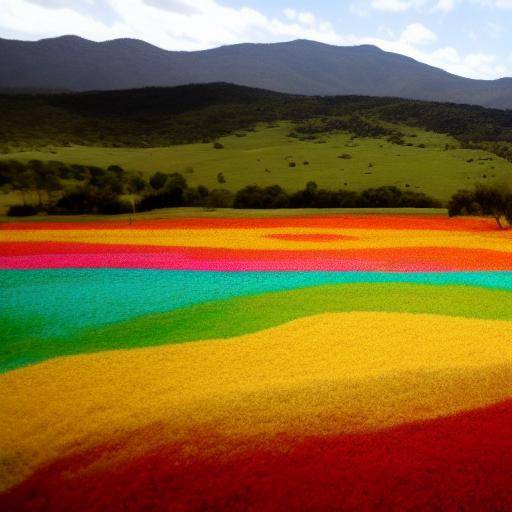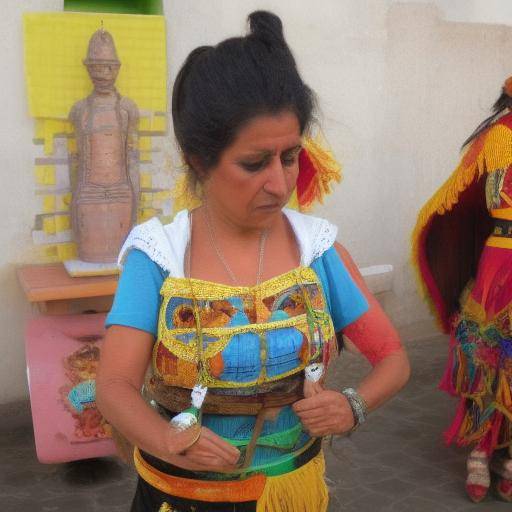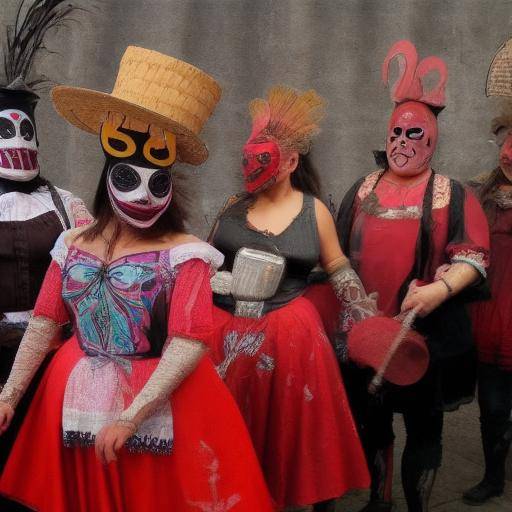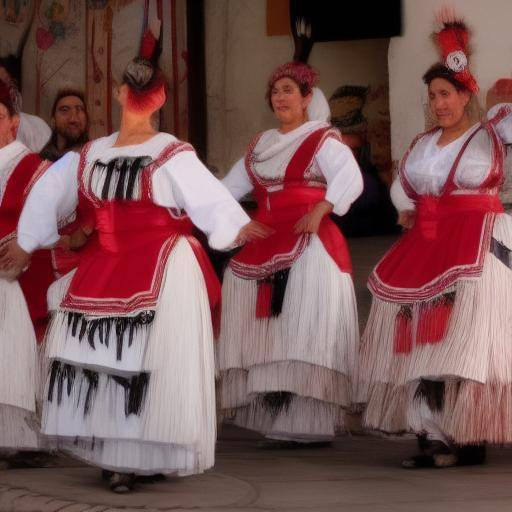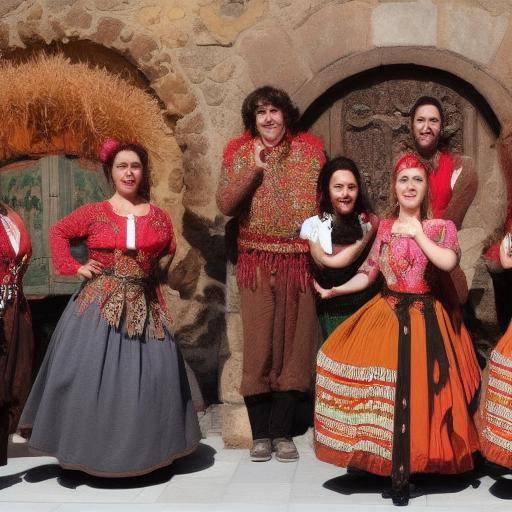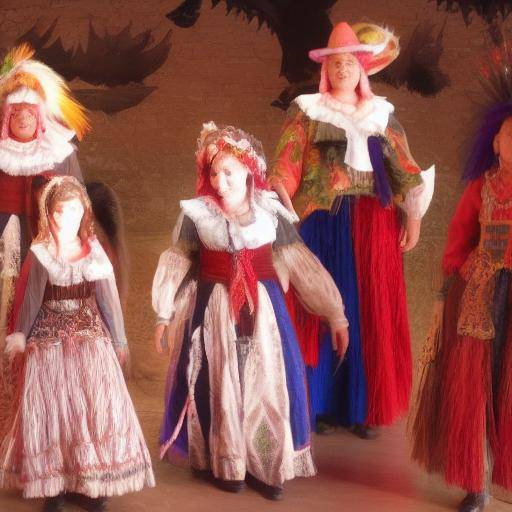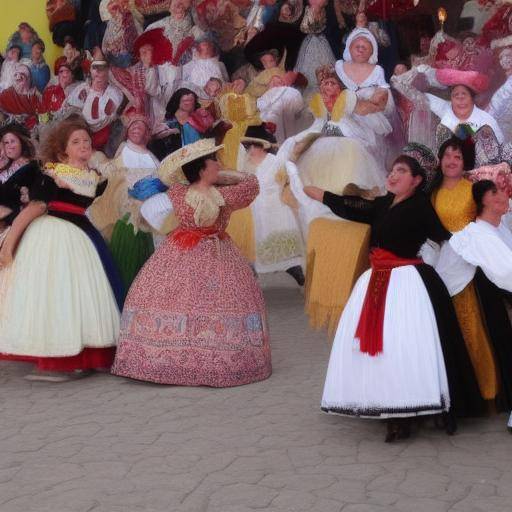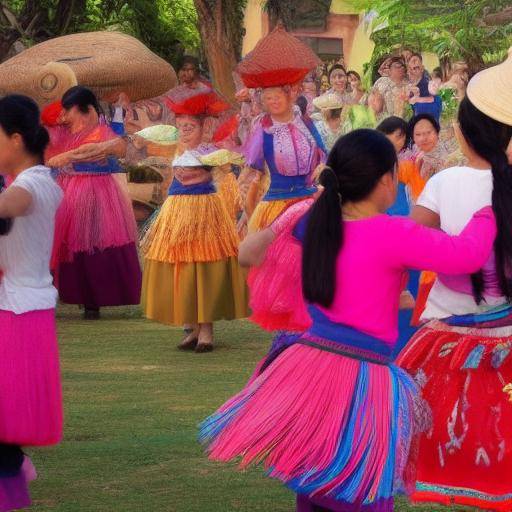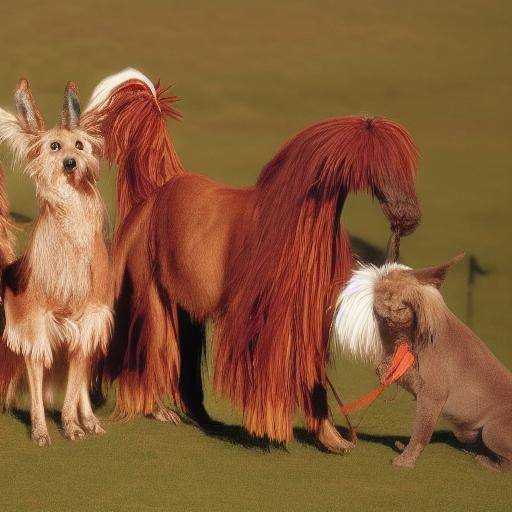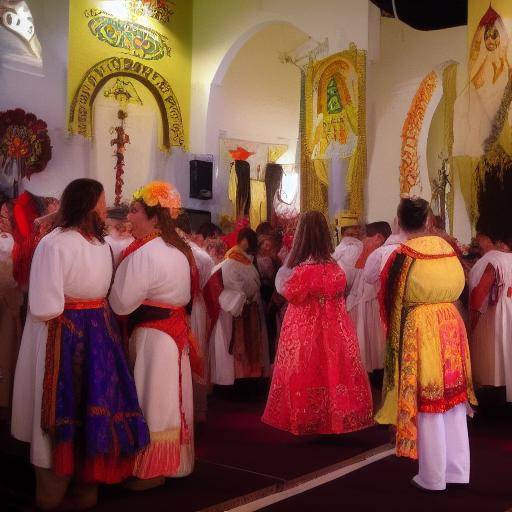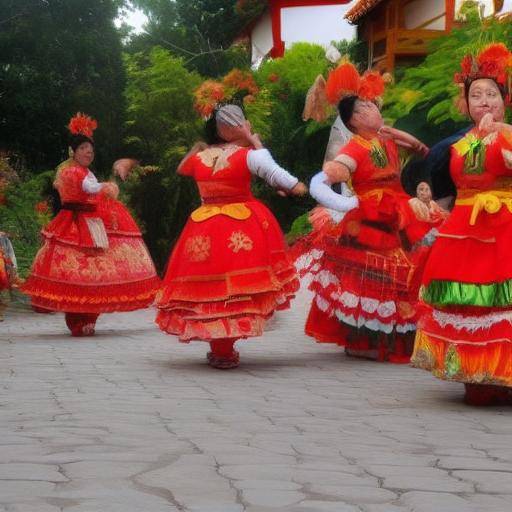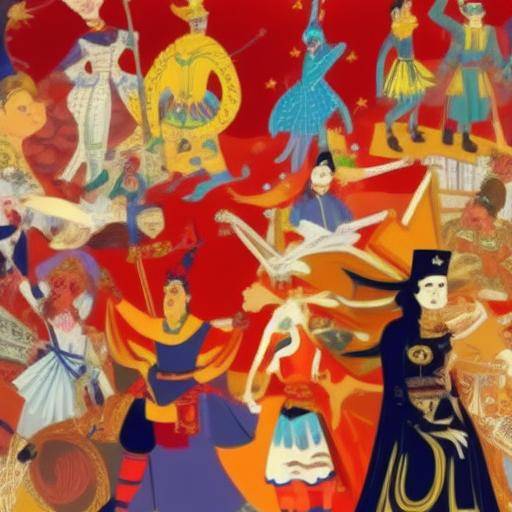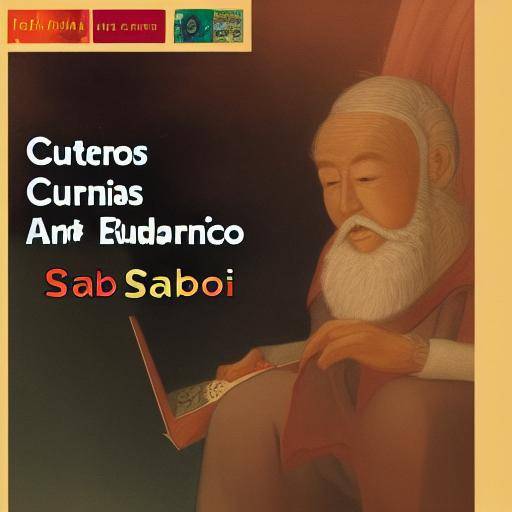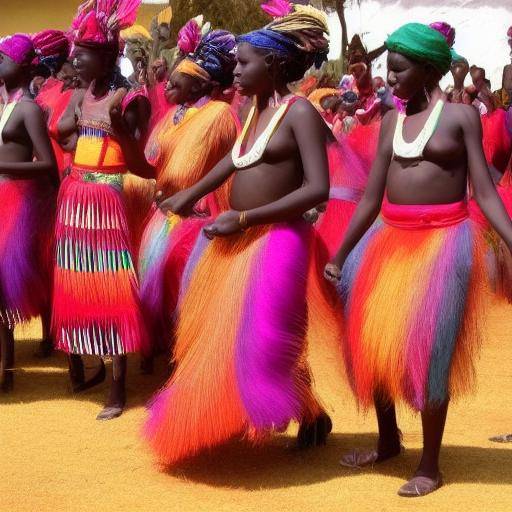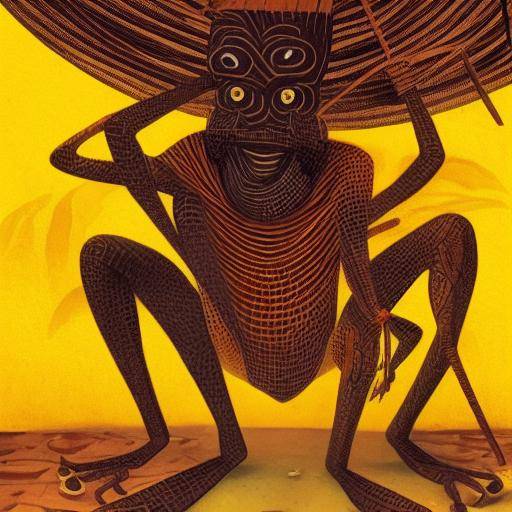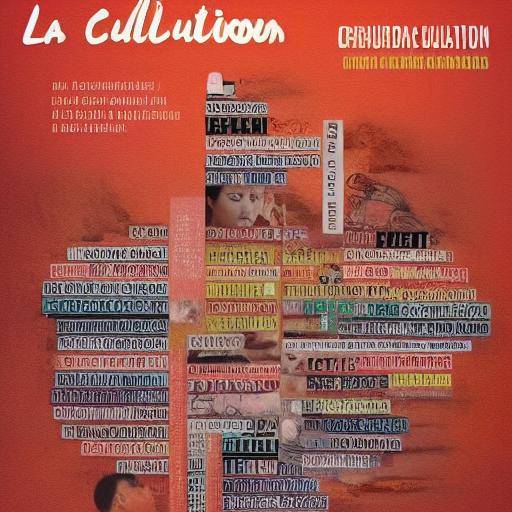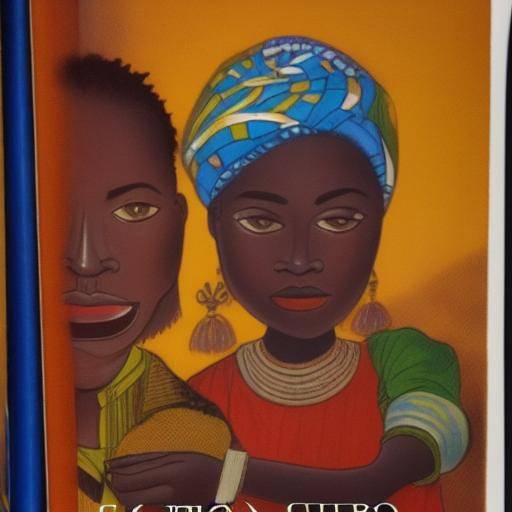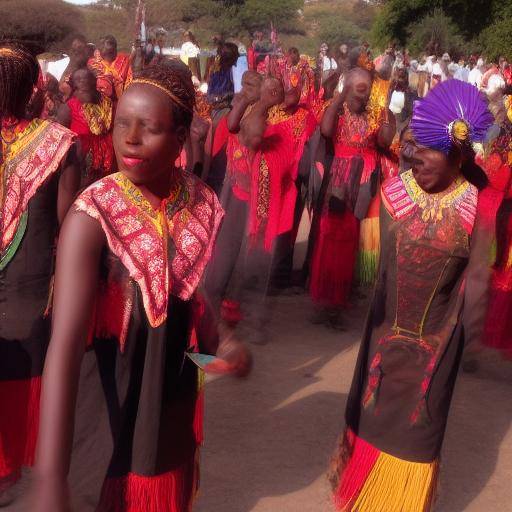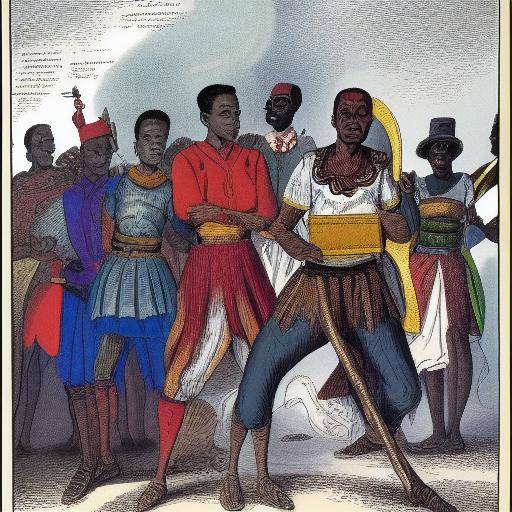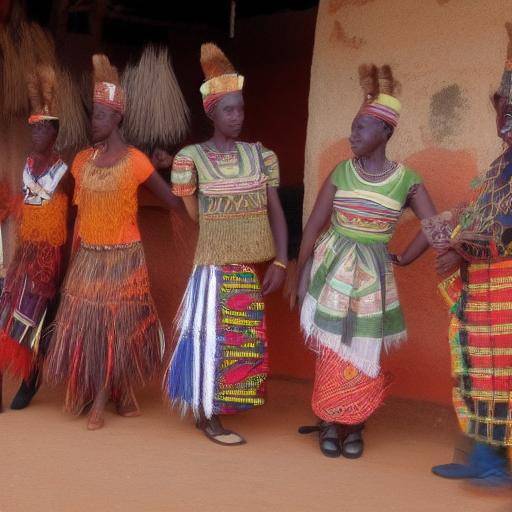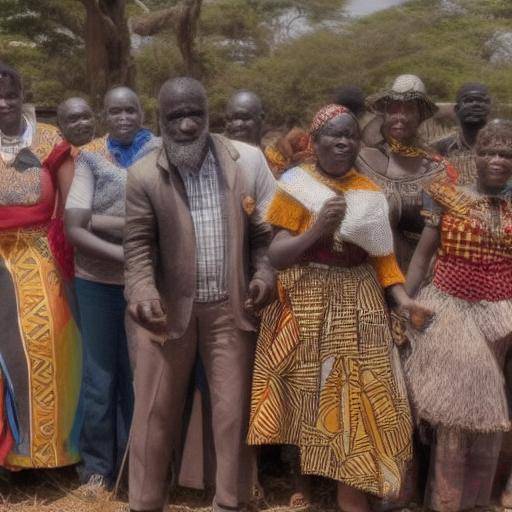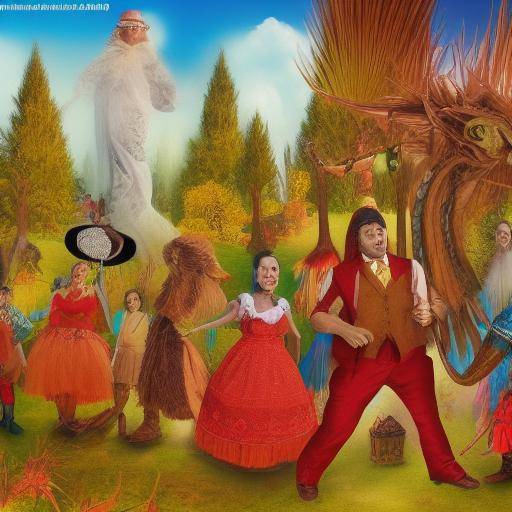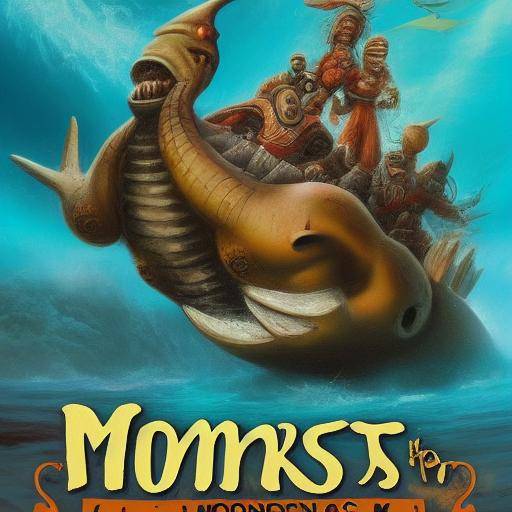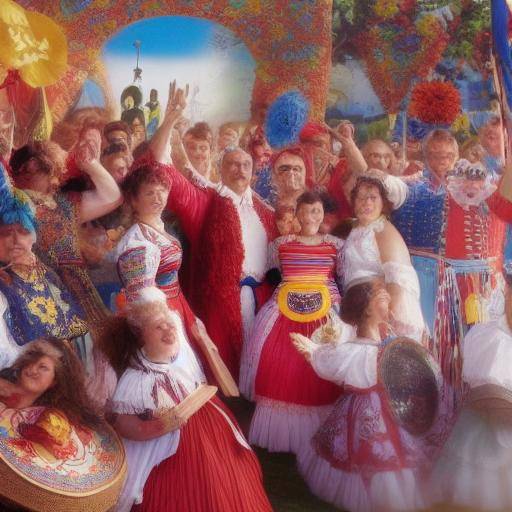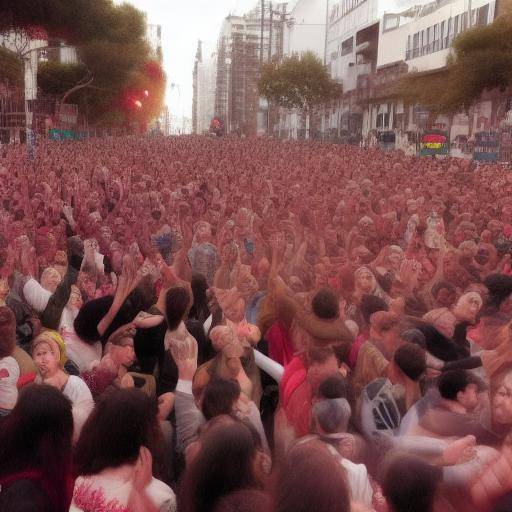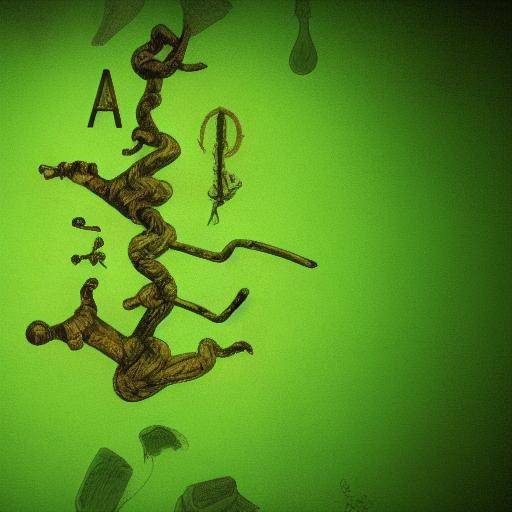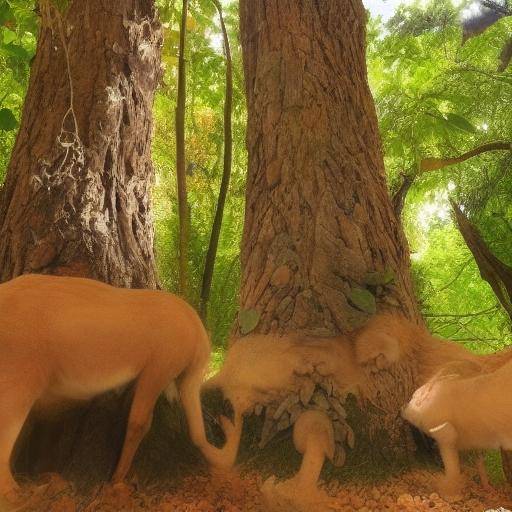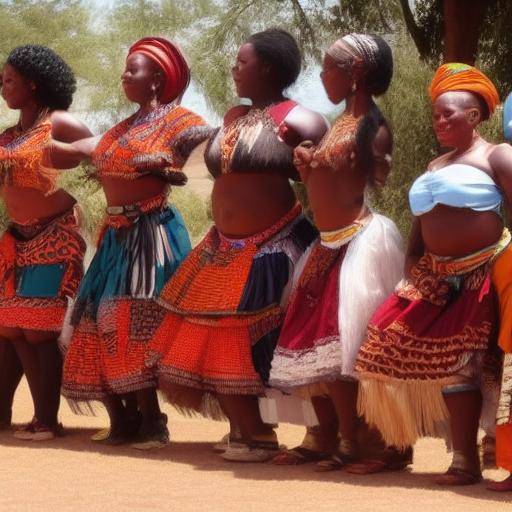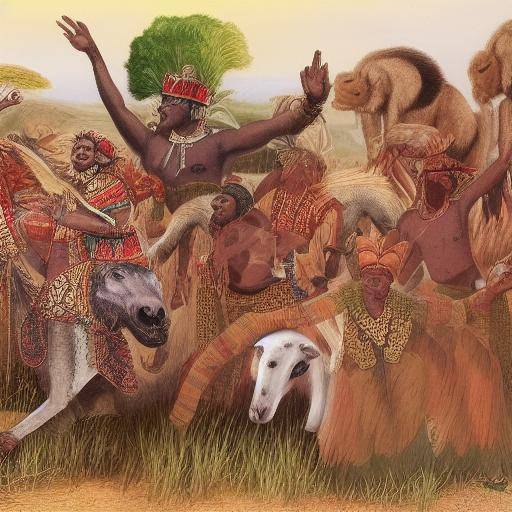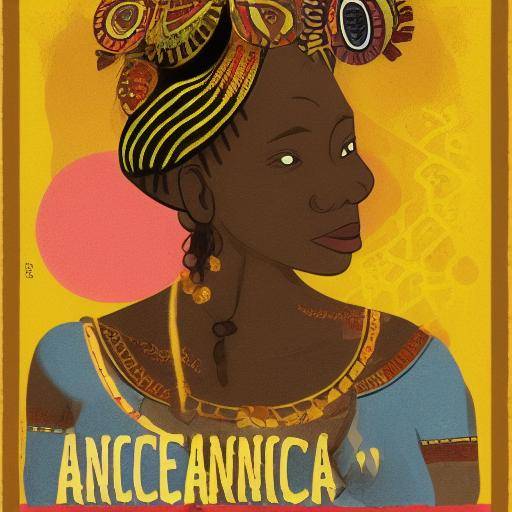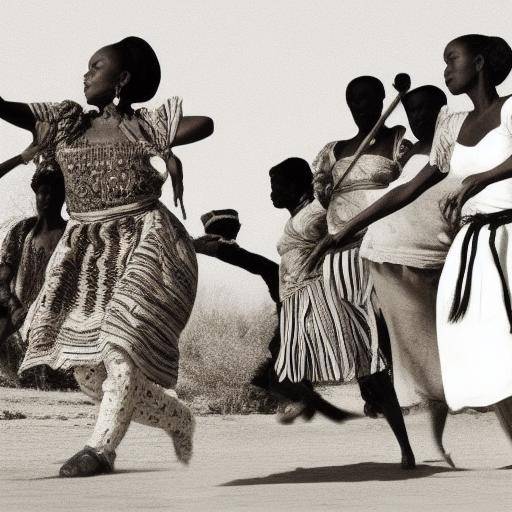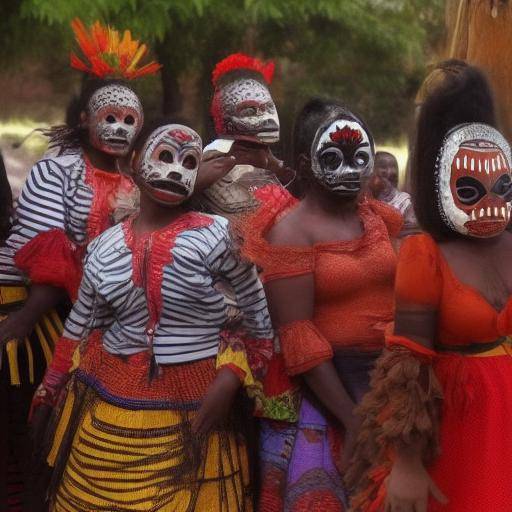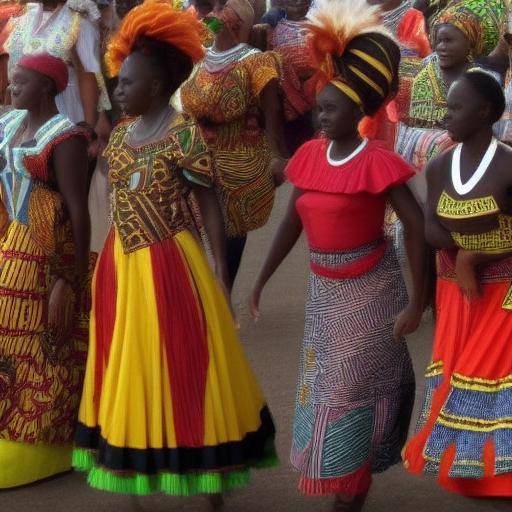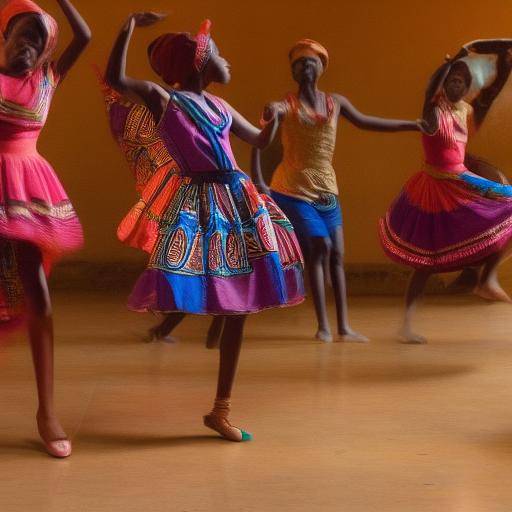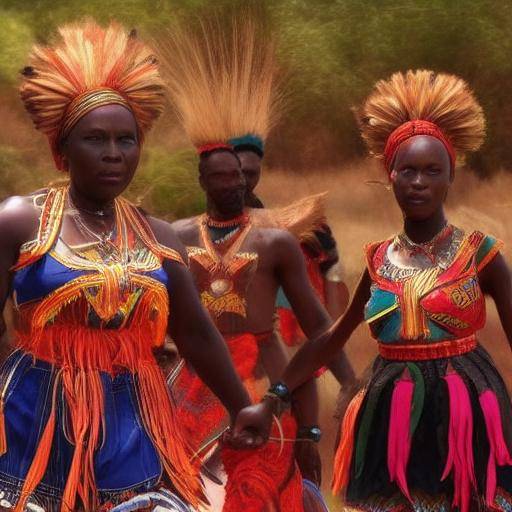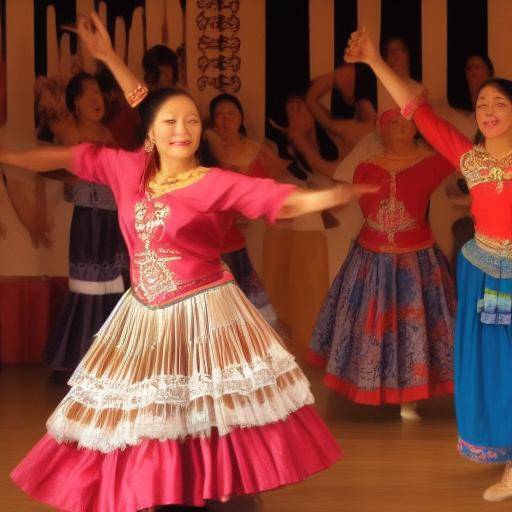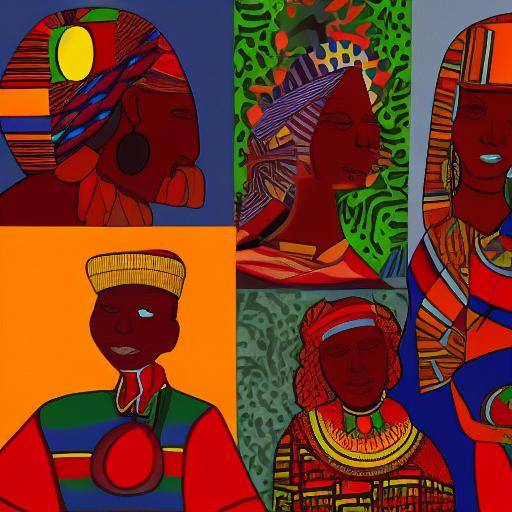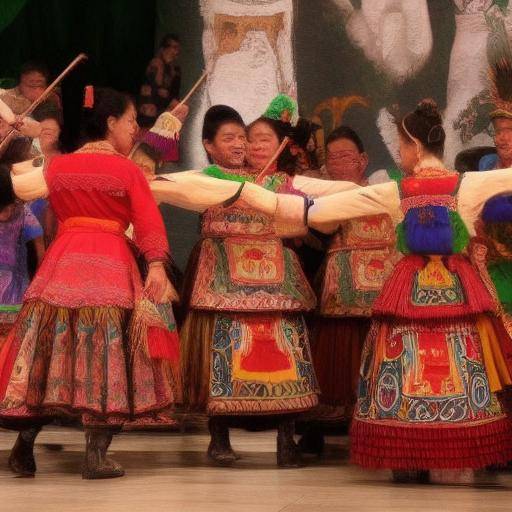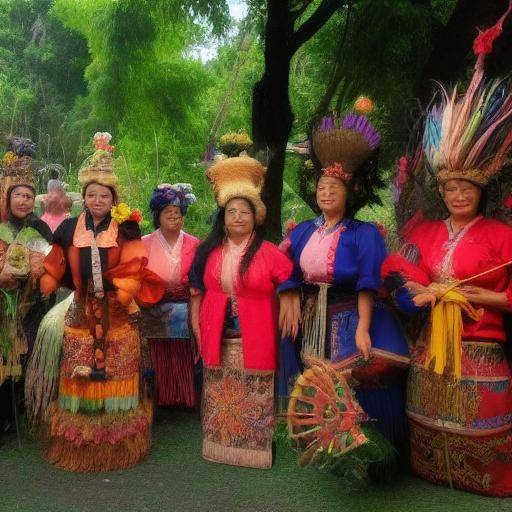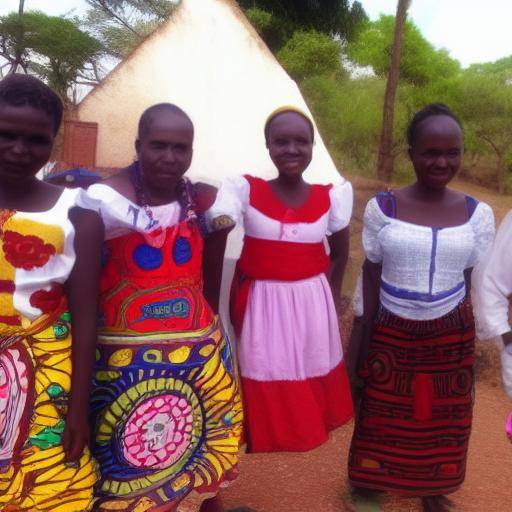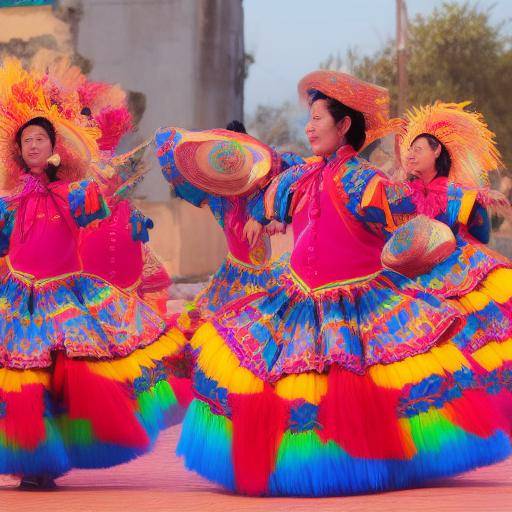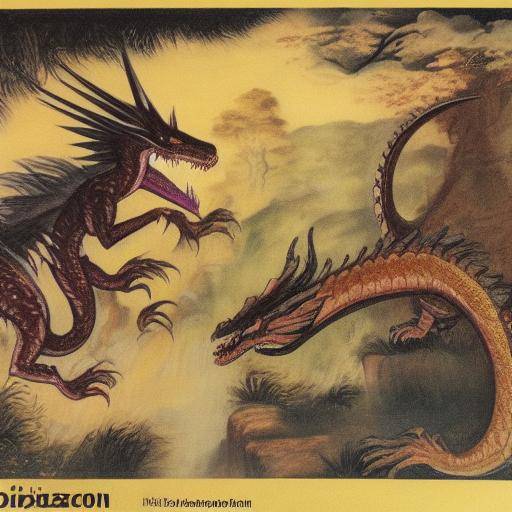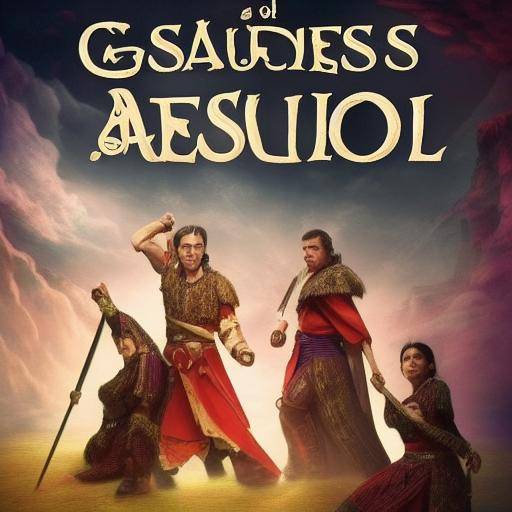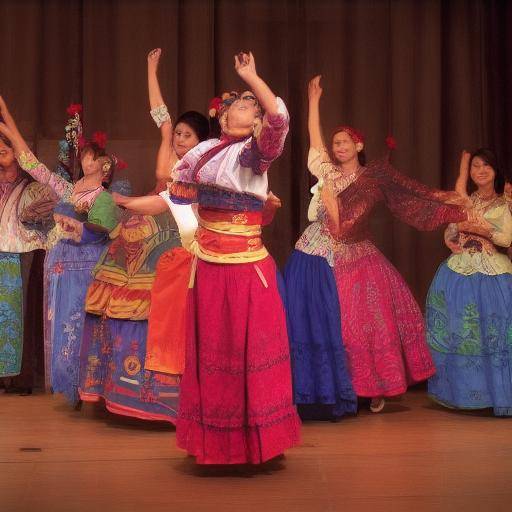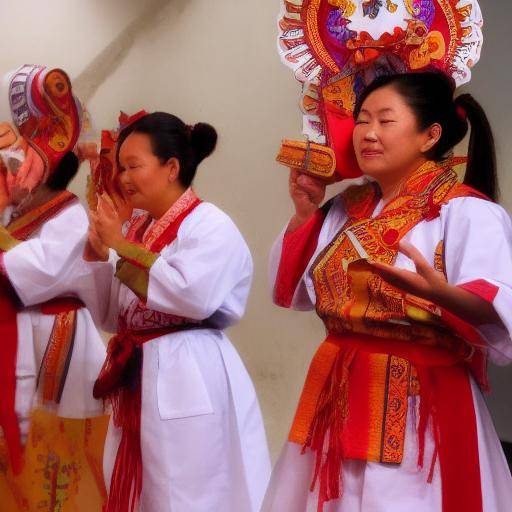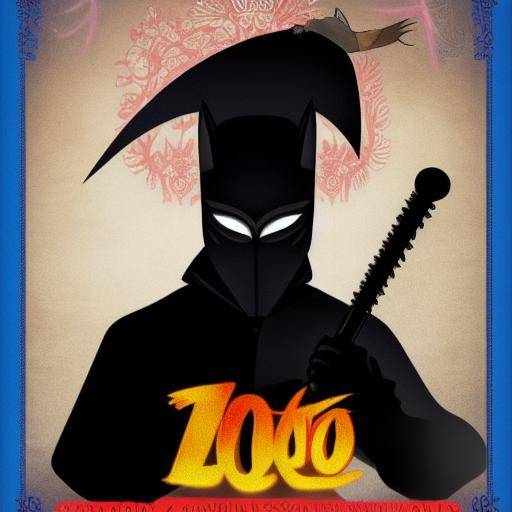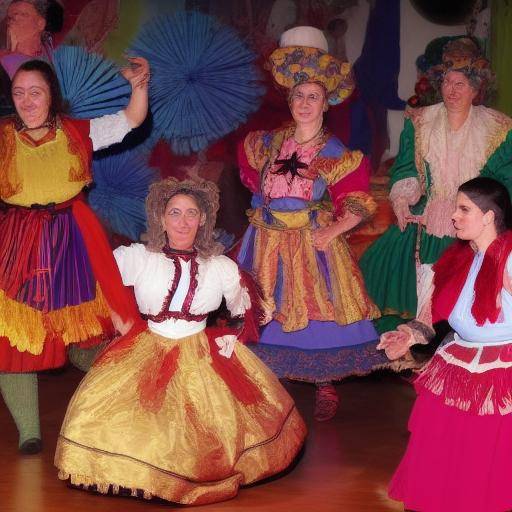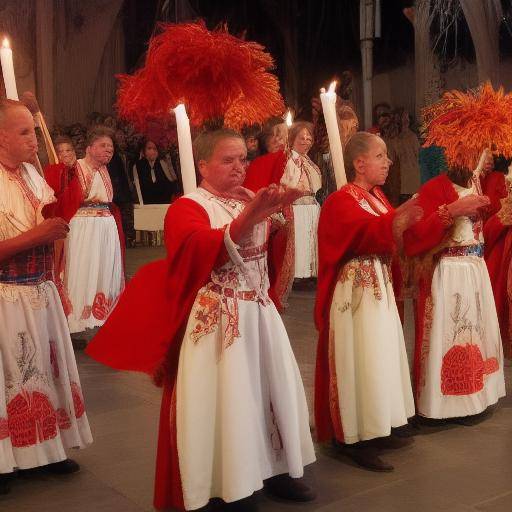
Russian folklore is enrichingly diverse, reflecting the rich history and rooted traditions of this vast country. The rituals and ceremonies in Russian folklore are a profound manifestation of the culture, religion and the worldview of their people. From ancient pagan rituals to Christian celebrations, Russian rituals and ceremonies continue to play a vital role in the lives of their inhabitants. This article will immerse you in the fascinating world of the rituals and ceremonies of Russian folklore, exploring its origin, evolution, meaning and current practices.
Introduction
Russian folklore is impregnated with rituals and ceremonies ranging from folk festivals to traditional religious celebrations. These practices not only keep the history and cultural identity of Russia alive, but also play a crucial role in the daily lives of its inhabitants. Throughout this article, we will explore the wealth of rituals and ceremonies in Russian folklore, from their ancestral origins to their relevance in contemporary society.
History and Background
Russian folklore has its roots in ancient pagan traditions that later intertwined with Orthodox Christianity, giving rise to a unique amalgam of rituals and ceremonies. From the pagan festivities associated with the seasons to the religious celebrations marked by the Orthodox liturgy, Russian folklore reflects a wealth of practices that have endured over the centuries.
To fully understand the importance of rituals and ceremonies in Russian folklore, it is essential to go back to their ancestral origins and explore their evolution throughout history. The influence of religion, political and social changes, and interaction with other cultures have significantly shaped these practices.
Ancient pagan rituals
In the ancient pagan traditions of Russia, rituals were closely linked to nature and cosmic forces. Celebrations such as the Maslenitsa, which marked the transition from the winter season to spring, and the Kupala Night, which honored the summer solstice, reflected the deep connection to the cycle of nature.
The worship of deities like Rod and Rozhanitsy, who personified fertility and maternal care, was a fundamental part of these rituals. The realization of practices such as the fabric of crowns of flowers, the dance around the sacred fire and the collection of medicinal herbs were characteristic elements of the ancient pagan celebrations.
Influence of Orthodox Christianity
With the Christianization of Russia in the X century, many of the ancient pagan rituals were integrated into the Christian holidays. The traditions associated with Christmas, Easter and other religious celebrations adopted elements of pre-Christian practices, creating a unique synergy between paganism and Christianity.
The elaborate liturgical services of the Russian Orthodox Church, with its rich iconography and ceremonial songs, influenced how the celebrations and rituals were carried out in Russian society. The veneration of icons and the visit to sacred places became essential components of spiritual life and daily rituals.
Analysis in Deep
The importance of rituals and ceremonies in Russian folklore goes beyond religious and folkloric manifestations, affecting aspects such as cultural identity, social cohesion and the sense of belonging. Despite significant changes in Russian society over the years, rituals and ceremonies continue to play a crucial role in the lives of their inhabitants.
Significado Cultural y Social
The rituals in Russian folklore are an expression of the idiosyncrasy of the people, transmitting values, beliefs and traditions from generation to generation. These practices not only strengthen community ties, but also provide an emotional anchor to cultural heritage. The preservation of rituals such as the blini in Maslenitsa, the custom of dyeing Easter eggs with bright colors and the traditional dance of the Khorovod, are examples of how the Russian folklore continues to permeate the daily life with vitality and arraigo sense.
Challenges and Adaptations
While rituals and ceremonies in Russian folklore have resisted the passage of time, contemporary society poses significant challenges to its continuity. The influence of globalization, transformations in the family structure and urbanization have impacted the transmission and practice of these rituals. Despite these challenges, efforts to preserve and revitalize traditions have led to initiatives in local communities, ethnographic museums and digital platforms that seek to keep alive the flame of Russian folklore.
Current trends
The celebration of festivities such as the New Year, the Day of Victory and the Day of Defense of the Homeland remains an integral part of Russian life, although with modern adaptations. Folk representations at cultural events and traditional handicraft exhibitions highlight the growing interest in preserving and promoting the heritage of Russian folklore. In addition, the inclusion of traditional elements in the field of cultural tourism and handicrafts has generated renewed appreciation for these practices in a contemporary context.
Comprehensive review
Russian folklore, with its countless rituals and ceremonies, offers a rich upholstery of cultural expressions that transcend the borders of time and space. The diversity of practices, from the rituals of birth and marriage to funeral ceremonies, presents an authentic manifestation of the history, beliefs and customs of the Russian people.
Comparative analysis
The comparison between Russian rituals, ceremonies and folklore reveals the interconnection between these cultural expressions. While rituals and ceremonies can address specifically religious aspects, such as Orthodox liturgical services, Russian folklore encompasses a wider spectrum of practices that intertwine with everyday life. While the commemorative ceremonies, such as the Day of the Destroyers, reflect the solemnity and respect for the ancestors, the Russian folklore includes narratives, songs and nuances of peasant and urban life over time.
Practical Tips and Accionable Advisory
For those interested in first-hand experiencing the rituals and ceremonies of Russian folklore, visiting ethnographic museums, participating in traditional festivals and attending folklore representations are enriching ways to immerse themselves in this rich cultural heritage. In addition, exploring local crafts, tasting traditional dishes and learning folk dances are tangible ways to connect with Russian folklore.
Industry Perspectives and Expert Reviews
Experts in Russian folklore agree that the preservation and dissemination of rituals and ceremonies are vital to keeping alive the country's rich cultural tradition. The efforts of scholars, artists and cultural promoters have been fundamental in this endeavour, and collaboration with governmental institutions and international organizations is expected to continue to strengthen the promotion of Russian folklore at the national and international levels.
Case Studies and Practical Applications
The State Museum of Religion History in St.Petersburg is an outstanding example of a space that houses a vast collection of objects related to the religious and spiritual heritage of Russia. Through itinerant exhibitions and educational programs, the museum offers an integral vision of rituals and ceremonies in the context of Russian folklore, providing an educational and enriching experience for both locals and foreign visitors.
Future Trends and Predictions
In the future, rituals and ceremonies in Russian folklore are expected to continue to evolve while adapting to sociocultural changes. The integration of traditional elements in contemporary forms, such as art, music and gastronomy, will reflect the capacity of these practices to remain relevant in the twenty-first century.
Conclusion
The rituals and ceremonies of Russian folklore, with its historical roots and its profound cultural significance, represent an inseparable part of the identity and heritage of Russia. Through the exploration of these rituals and celebrations, we have discovered the lasting influence of Russian folklore in the daily life, the festivities and traditions of the country. It is crucial to recognize and value the importance of these rituals, not only as cultural manifestations, but also as threads that unite the past, present and future of the Russian people.
FAQs
What are some of the most emblematic rituals of Russian folklore?
The Maslenitsa, Easter, New Year and Victory Day are some examples of festivities that host significant rituals in Russian folklore.
How have the rituals and ceremonies of Russian folklore adapted to the modern era?
The rituals and ceremonies of Russian folklore have experienced adaptations to be integrated into the contemporary context, such as the incorporation of traditional elements into cultural events and the development of educational programs in museums and cultural centers.
What role do rituals and ceremonies play in the cultural identity of Russia?
The rituals and ceremonies in Russian folklore are pillars that support the cultural identity of the country, transmitting values, beliefs and traditions from generation to generation.
How can you experience Russian folklore closely?
Visitors interested in Russian folklore can explore ethnographic museums, participate in traditional festivals, taste typical dishes and learn folk dances to immerse themselves in this enriching cultural heritage.
What are the challenges facing rituals and ceremonies in Russian folklore today?
Factors such as globalization, changes in the family structure and urbanization represent challenges for the continuity and practice of rituals and ceremonies in Russian folklore.
What trends are expected in relation to the rituals and ceremonies of Russian folklore in the future?
It is expected that the rituals and ceremonies of Russian folklore will continue to evolve in the future, adapting to sociocultural changes and maintaining their relevance in the twenty-first century.
With a legacy rooted in history and spirituality, rituals and ceremonies in Russian folklore continue to be a fundamental pillar that provides cultural cohesion and connection with ancestral heritage. Through the understanding and appreciation of these practices, the invaluable value of Russian folklore is enhanced in the global cultural landscape.

